
Precision Agriculture's Role in Revolutionizing the Millet Gari Value System
The global food production system is at a critical juncture, driven by the urgent need to meet increasing food demands amid shrinking resources and escalating commodity prices. Digitization and precision agriculture practices are emerging as game-changers, particularly for millet farming. Millets, known for their resilience and low water requirements, are staple crops in many parts of the world, especially in India. However, even these hardy crops can benefit immensely from modern agricultural technologies. Precision agriculture, with its ability to analyze, predict, and prescribe specific interventions, offers a promising path to multiply millet yields and ensure sustainable farming practices.
The Power of Precision Agriculture in Millet Farming
Precision agriculture (PA) is an innovative farming management approach that leverages technology to observe, measure, and respond to field variability in crops. By integrating tools such as sensors, IoT devices, AI, and satellite imagery, PA enables farmers to manage their land more effectively and efficiently. For millet farming, which traditionally requires minimal input, the introduction of precision agriculture can unlock new potentials for productivity and sustainability.
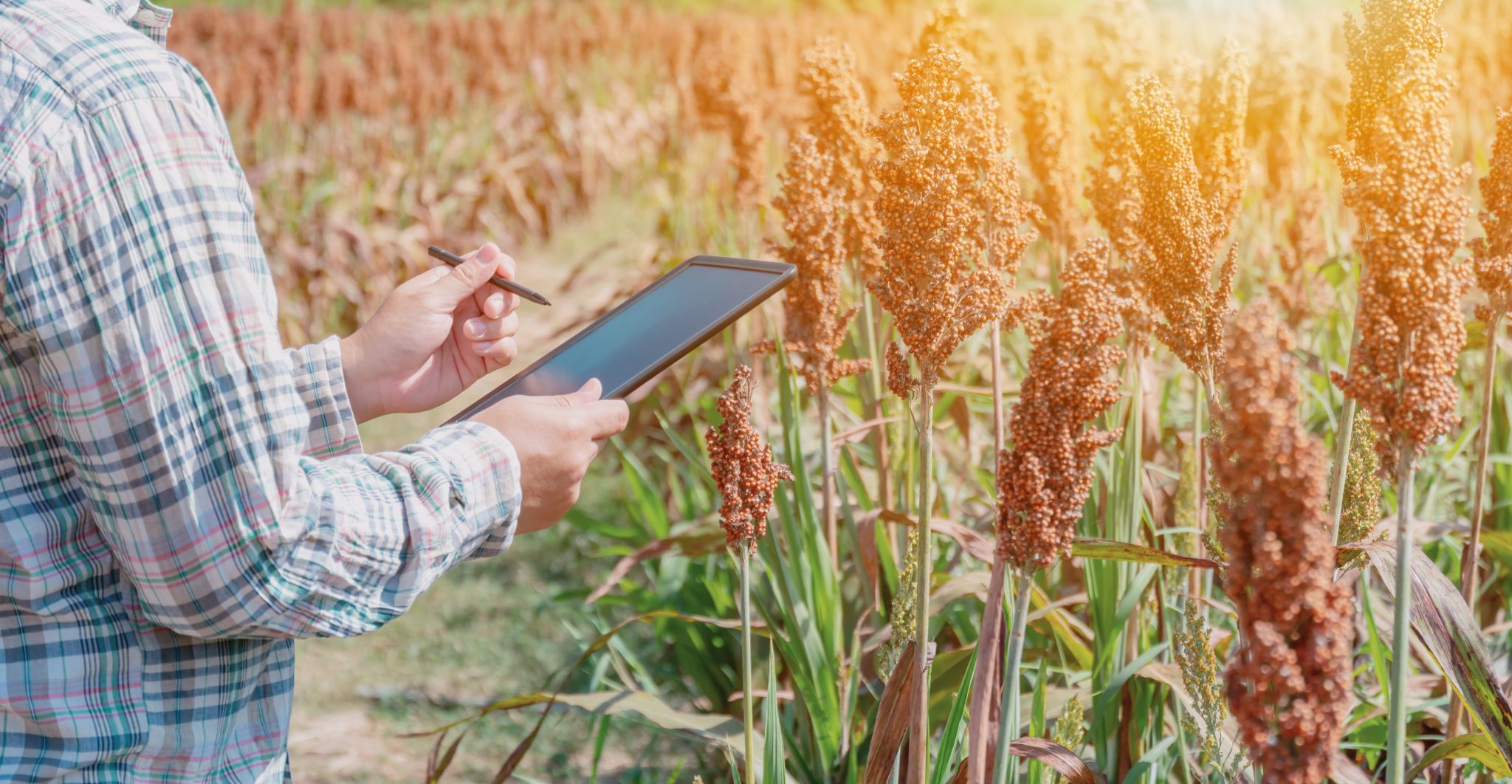
Key Statistics:
- Global Millet Production: In 2023, the global millet production was approximately 28 million metric tons, with India contributing about 40% of this production .
- Water Usage: Millets require 30-40% less water compared to conventional cereals like rice and wheat .
- Yield Increase: Precision agriculture can increase crop yields by 10-15% on average by optimizing resource use .
How Precision Agriculture Enhances Millet Farming:
1. Optimized Resource Use:
Despite millet’s low water and nutrient requirements, precision agriculture can ensure that these resources are applied with utmost efficiency. By analyzing soil health and moisture levels, farmers can apply just the right amount of water and fertilizers, reducing wastage and enhancing crop health.
2. Disease Detection and Prevention:
One of the major challenges in millet farming is the onset of diseases like rust and blast, which can significantly impact yield. Precision agriculture, combined with IoT and AI technologies, can facilitate early detection of these diseases. Automated systems can collect data from millet fields, analyze it in real-time, and provide farmers with actionable insights, allowing for timely interventions.
Case Study: A study conducted at ICAR, Mysore, revealed that the implementation of AI-based disease detection systems in millet fields reduced disease impact by 20% and improved overall crop yield by 12% .
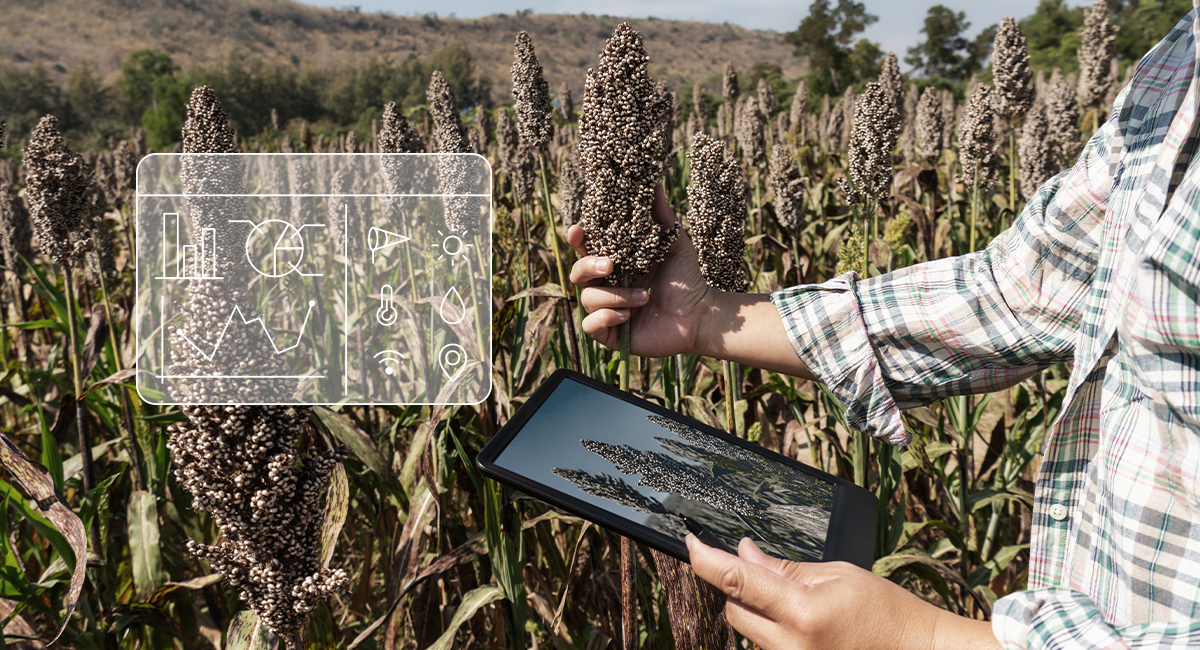
3. Improved Yield Predictions:
Through the use of advanced sensors and satellite imagery, precision agriculture can monitor millet crops throughout their growth cycle. This data helps in predicting yields more accurately, enabling better planning and market readiness.
4. Climate Adaptation:
As climate change continues to affect farming conditions, precision agriculture offers tools to adapt and mitigate these impacts. By providing precise data on weather patterns, soil conditions, and crop health, PA helps farmers make informed decisions that align with changing environmental factors.
The Role of AI in Millet Farming
Artificial Intelligence (AI) is at the forefront of precision agriculture, offering unparalleled capabilities in data analysis and decision-making. For millet farming, AI can:
- Enhance Soil Quality: By analyzing soil data, AI can recommend specific nutrients to improve soil health, leading to better crop yields.
- Optimize Planting Strategies: AI can determine the best planting times and methods, ensuring that seeds are sown at the optimal depth and spacing for maximum growth.
- Automate Disease Detection: AI models, such as the ‘Custom-Net’ used in disease detection, can identify early signs of millet diseases, enabling farmers to take preventive measures and safeguard their crops.
AI Performance: The ‘Custom-Net’ model achieved a classification accuracy of 98.78%, equivalent to state-of-the-art models like Inception ResNet-V2, making it a highly effective tool for automating disease detection in millets .
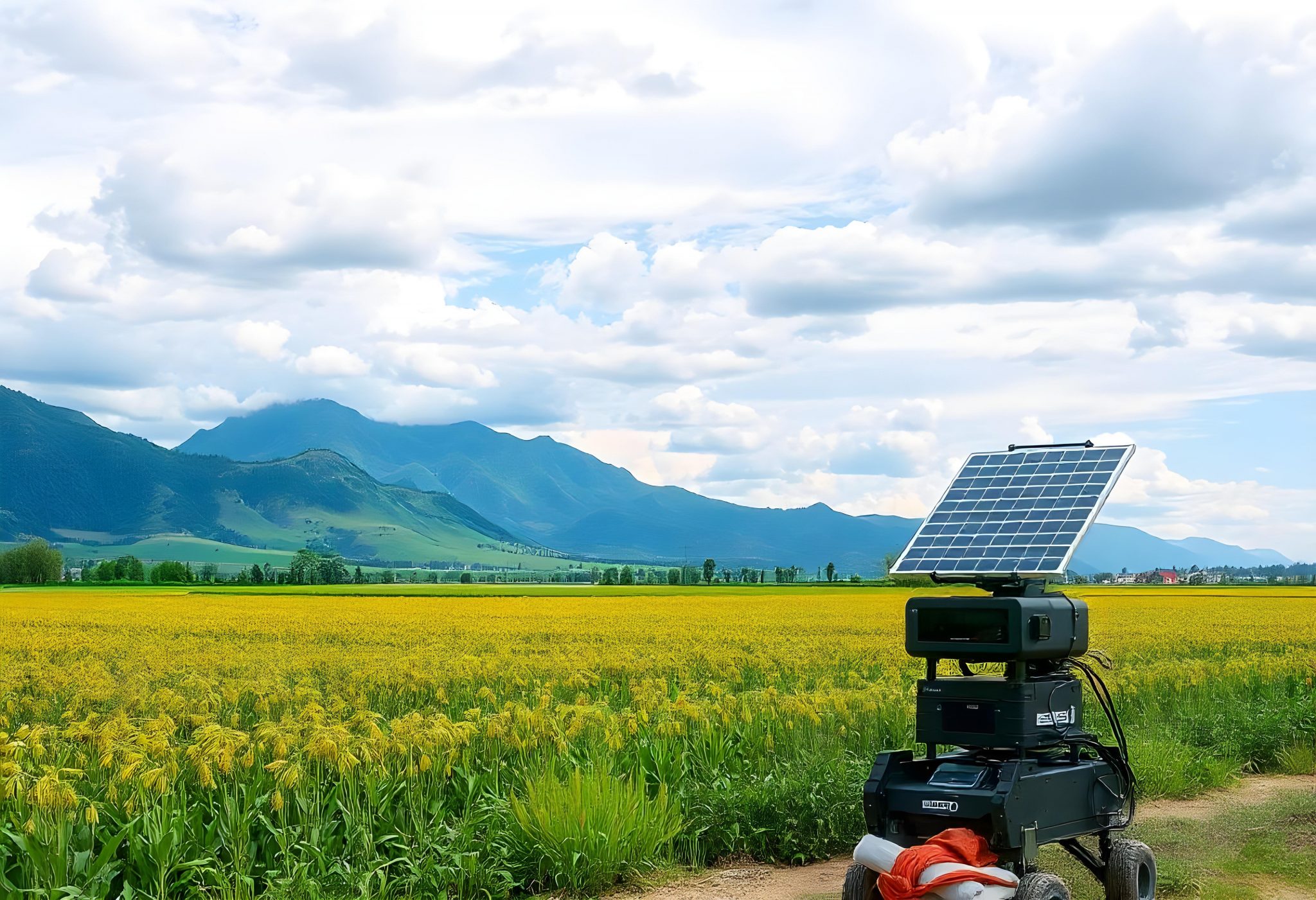
Why Precision Agriculture is Crucial for Millet Farming
Millets are often grown in arid and semi-arid regions, where traditional farming methods may not be sufficient to cope with the challenges posed by climate change and resource scarcity. Precision agriculture offers a solution by providing tailored interventions that cater to the specific needs of each plot of land. This not only enhances yields but also ensures the long-term sustainability of millet farming.
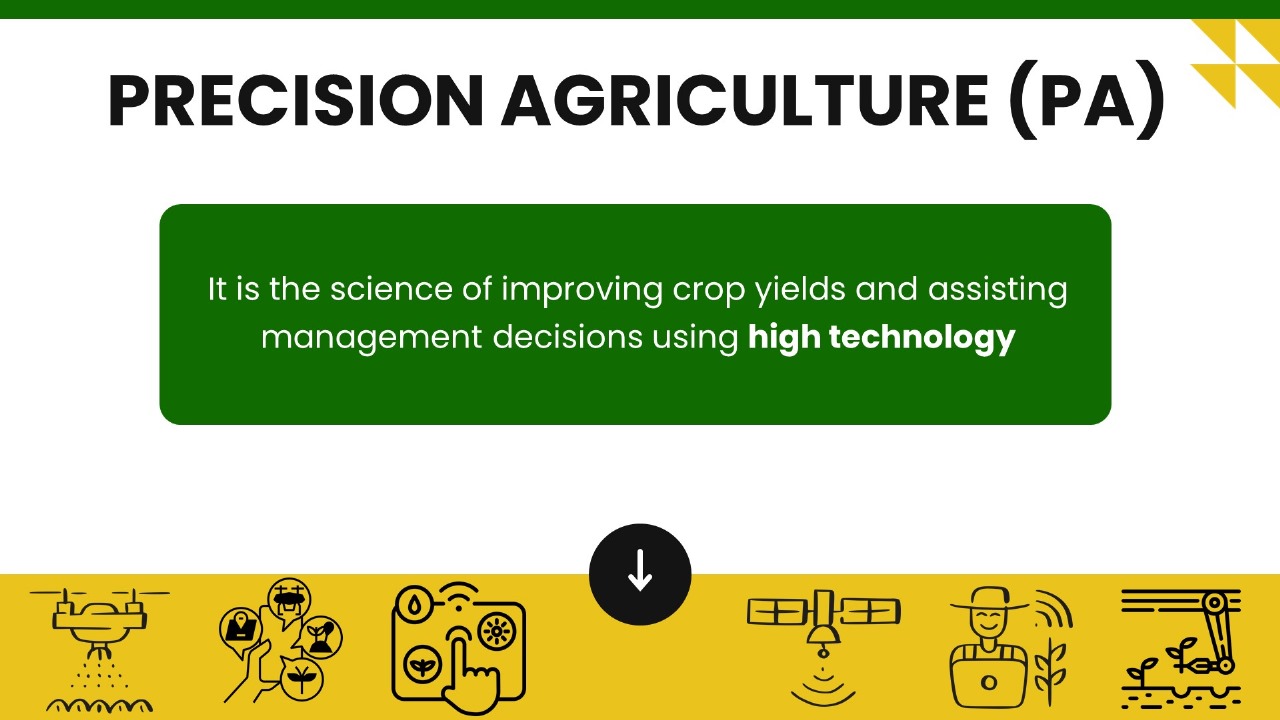
Benefits of Precision Agriculture for Millet Farming:
- Increased Yield: By optimizing resource use and preventing diseases, precision agriculture can significantly boost millet yields, ensuring food security and profitability for farmers.
- Yield Statistics: Implementation of precision agriculture in millet farming has shown a potential increase in yields by up to 15-20% in regions adopting these technologies .
- Sustainability: Precision agriculture promotes sustainable farming practices by reducing resource wastage and minimizing the environmental impact of farming activities.
- Environmental Impact: Precision agriculture techniques can reduce water usage by up to 30% and fertilizer usage by up to 20%, making millet farming more eco-friendly .
- Economic Viability: The use of AI and IoT in millet farming reduces labor costs and improves efficiency, making farming more economically viable for small and large-scale farmers alike.
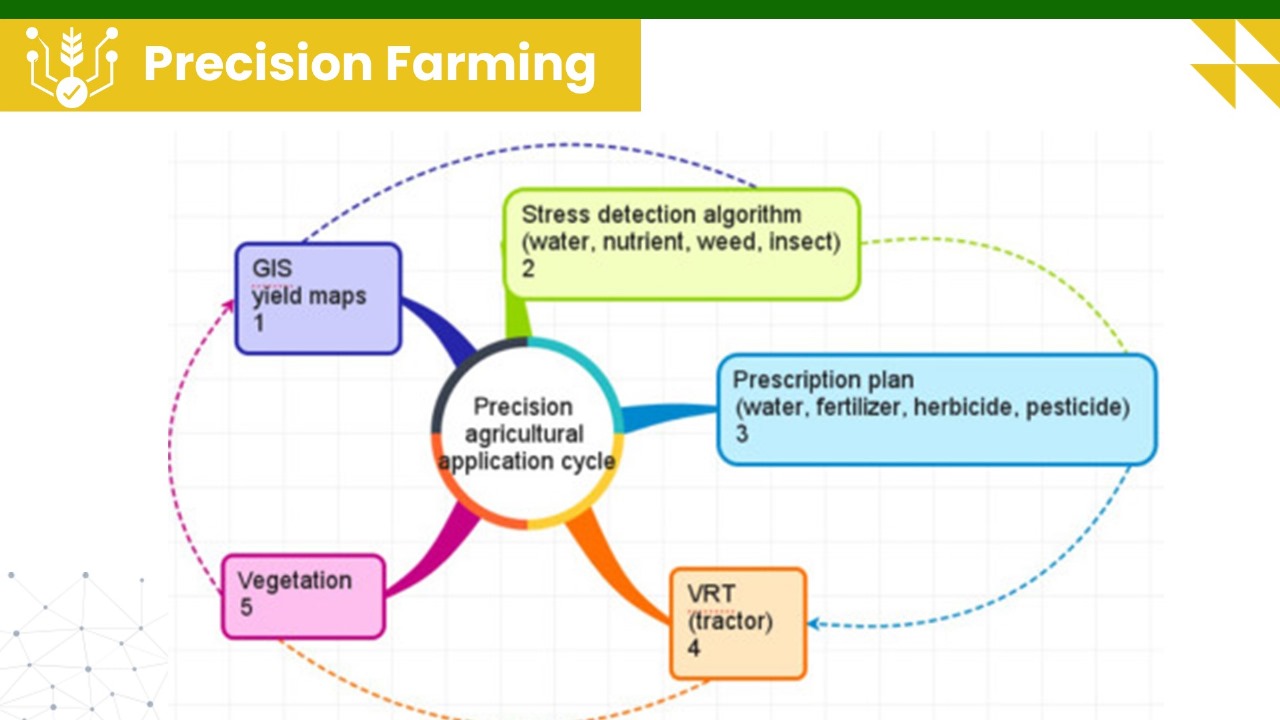
The Future of Millet Farming with Precision Agriculture
As the world grapples with the challenges of food security, climate change, and resource management, the digitization of millet farming through precision agriculture offers a beacon of hope. By integrating modern technologies into traditional farming practices, we can ensure that millets continue to thrive, providing nourishment and livelihoods for millions.
The future of millet farming lies in embracing these innovations, making farming smarter, more efficient, and more sustainable.
IS360 Can be Reached at
Sharing is caring!

